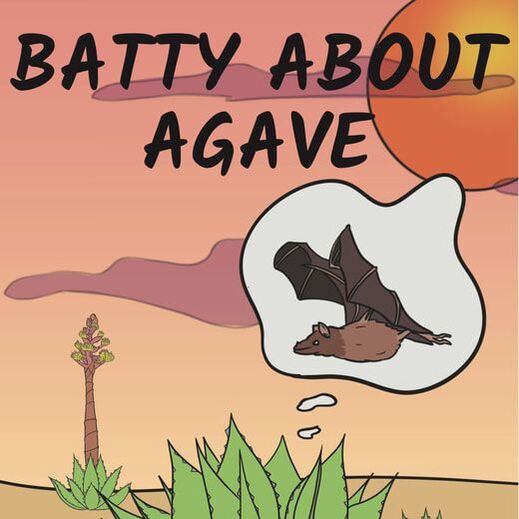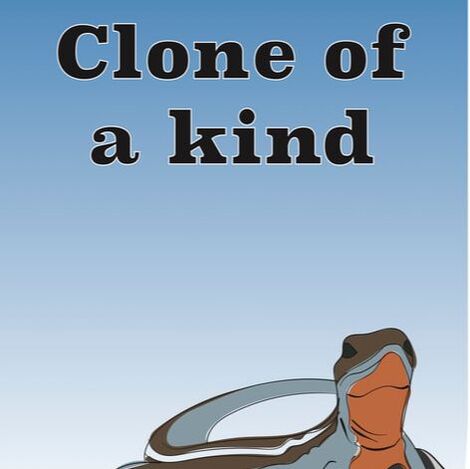Welcome to the “In Their Eyes: Conservation + Comics” Project!Reservations are now open for the '24/'25 school year. By using innovative tools such as art, games, and comics the programmatic leads hope to connect youth to conservation science in a manner that will make a lasting impact. Meet the Team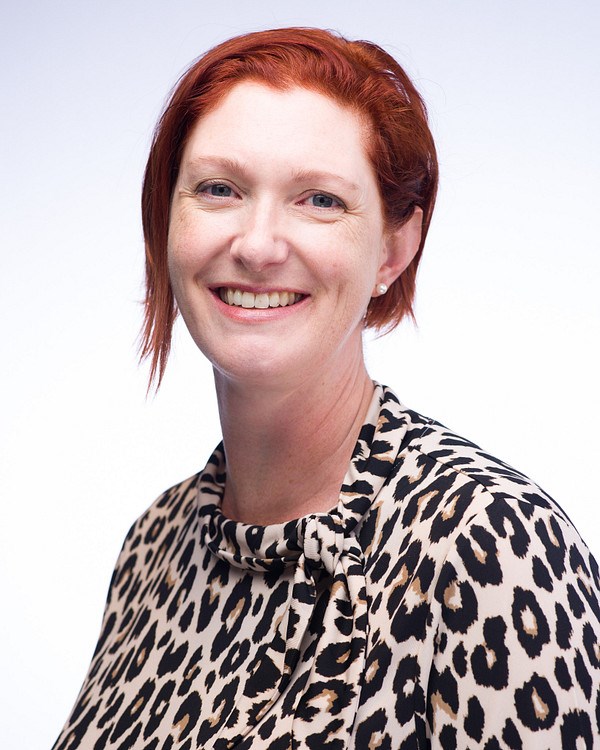
Image courtesy of IF/THEN® Collection Samantha WynnsSamantha Wynns is a conservation biologist and science educator with the National Park Service. Sam both does science and communicates science at Cabrillo National Monument. 
Image courtesy of IF/THEN® Collection Dr. Claire MeadersDr. Claire Meaders is a biologist and assistant teaching-professor at the University of California - San Diego. She studies how students learn to contribute to more effective science education techniques. 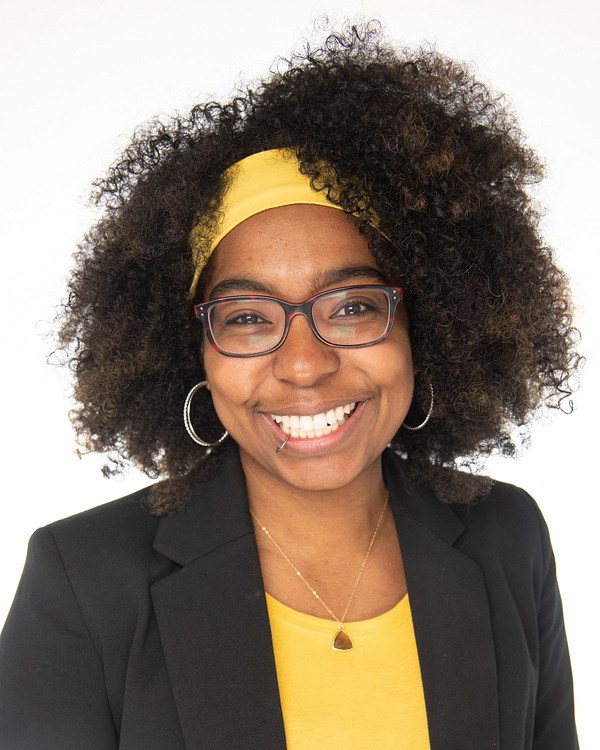
Image courtesy of IF/THEN® Collection Dr. Jaye GardinerDr. Jaye Gardiner is a cancer biologist at the Fox Chase Cancer Center. She is an artist and illustrator, and is heavily involved in science communication and STEAM education. Activity MaterialsInstructions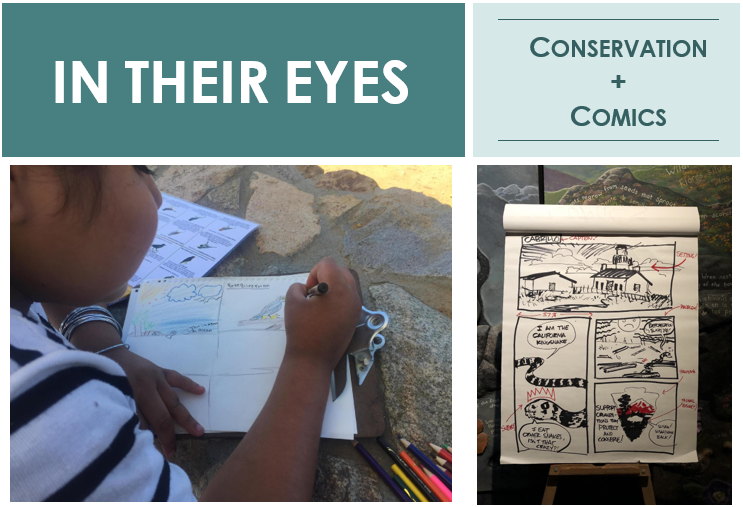
NPS/A. Warneke This detailed instruction manual is intended for educators who wish to use part- or all of the curriculum developed for this project. In it are instructions for both virtual and in-person learning, and this project supports both formats as well as a hybrid-approach. Download the instruction manual here Trading CardsThe team who developed “In Their Eyes: Conservation + Comics” brings you ... drumroll please... scientist trading cards! Download Set1 of the Cards Download Set2 of the Cards
Download Trading Card Template A lack of exposure to diverse STEM professionals is directly linked to lower diversity in STEM fields – youth need to see role models like them in order to follow a career pathway. These trading cards serve as one method of increasing exposure to traditionally underrepresented groups in STEM, such as women and people of color. Comics
Accessible DocumentsDownload individual accessible pdfs of the crossword puzzle answers and National Park Service photo release forms (only needed if participating in a field trip) as well as scientific poster-examples for your students here. Crossword Puzzle Field Trip ReservationsTo reserve a virtual or in-person field trip and/or a scientific poster showing with Cabrillo National Monument, fill out the registration form here.Research and ResultsThrough the collection and analysis of survey data from the pilot cohort, the design team was able to measure changing attitudes and behaviors regarding conservation and identity as scientists. Results demonstrate positive learning outcomes and decreases in scientist stereotypes held by students. If you are interested in collecting and analyzing data from your classroom, contact us at CABR_education@nps.gov.
|
Last updated: October 8, 2024

